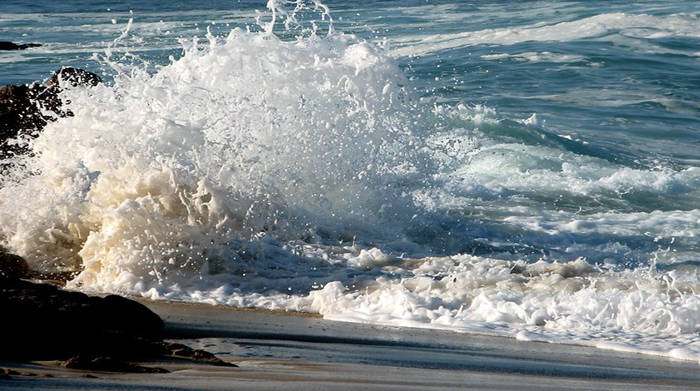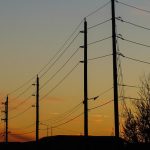NJ Considering Tidal Power Plants to Supply Coastal Energy

Image courtesy of Ana Rodríguez Carrington under Attribution 2.0 Generic License, resized to 700 x 391 pixels.
The NJ Board of Public Utilities (BPU) has asked Rutgers University to evaluate the feasibility of using tides to generate power, as well as the desirability of building tidal power plants along the coastline. The impetus for this request is a NJ state bill passed in 2022 that allocated $500k to study the merits of wave and tidal energy for power generation to reduce the state’s reliance on fossil fuels.
The deliverables requested by the BPU include an overall recommendation as well as a list of potential tidal power plant locations.
Why New Jersey is Considering Tidal Energy and Tidal Power Plants
Harnessing ocean energy has several benefits. For one, the power of ocean currents and tides is massive. Additionally, unlike solar power and wind energy, tidal energy is extremely predictable and dependable.
However, the technology needed to harness this energy is not yet ready for prime time. Because of this, there are currently no tidal energy power systems in the U.S. However, there are several pilot projects under development in other parts of the world.
Despite the embryonic nature of the technology, due to the potential future payoff, NJ officials want to be ahead of the curve. While the state has several offshore wind power projects in the works, progress has consistently been slower than expected. Thus, the move to study tidal power plants can be viewed as a way for the state to hedge its bets on how to best leverage the coastline to generate clean energy.
In the final analysis, our reliance on fossil fuels must decrease come hell or high water (pun intended!). Whether it’s solar power, offshore wind, bioenergy, nuclear power, or tidal power plants, there are plenty of viable options. Simply put, for coastal states like New Jersey, attempting to harness the power of the ocean for this purpose is truly a no-brainer.



